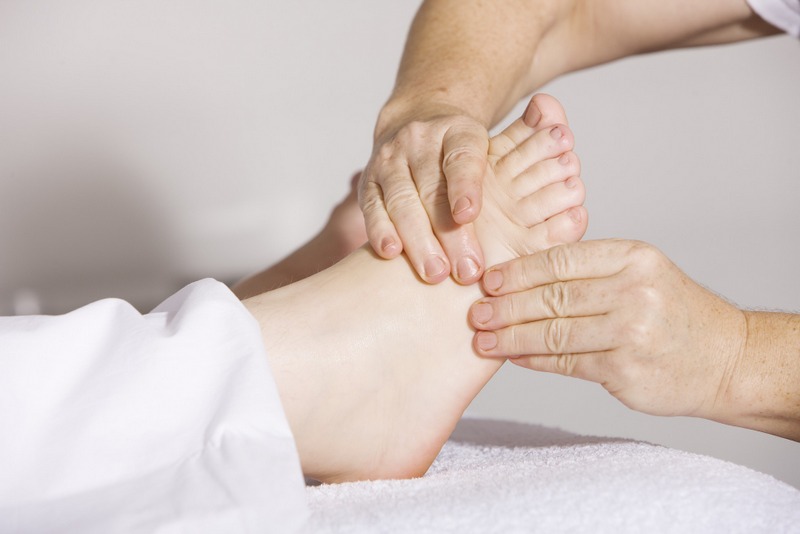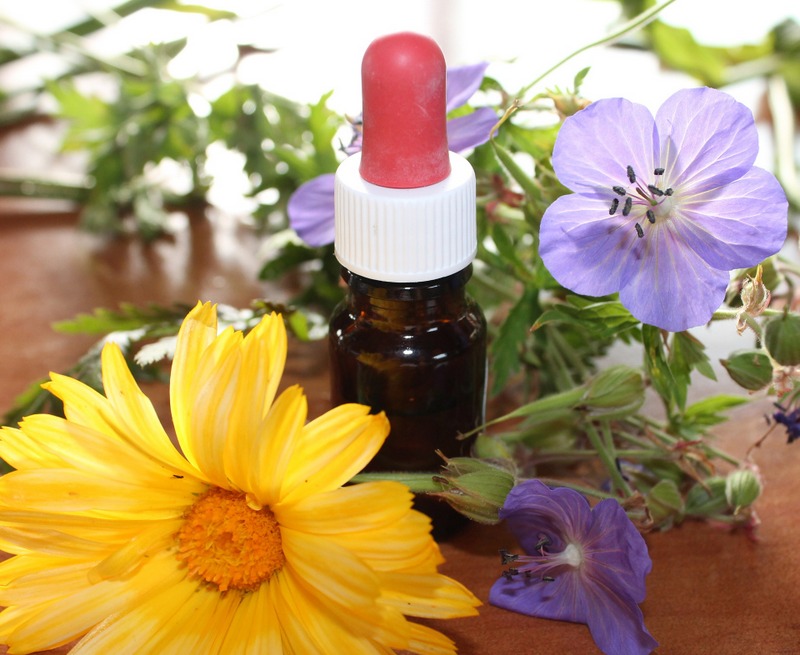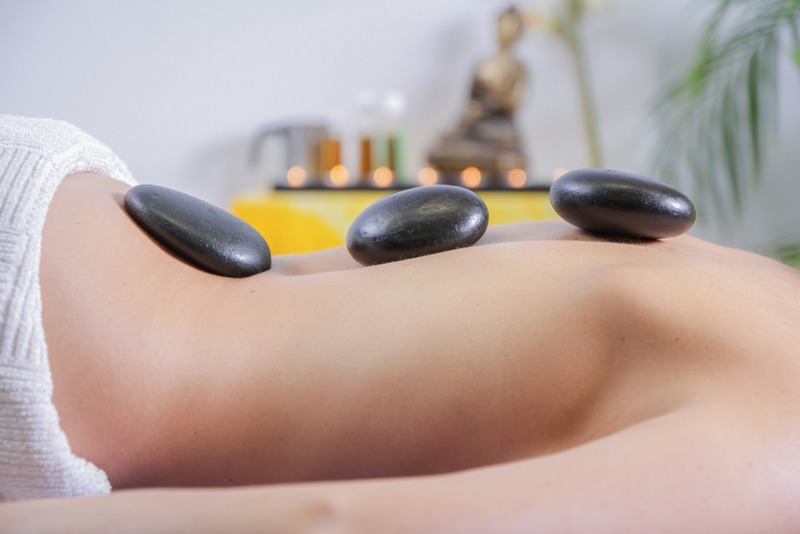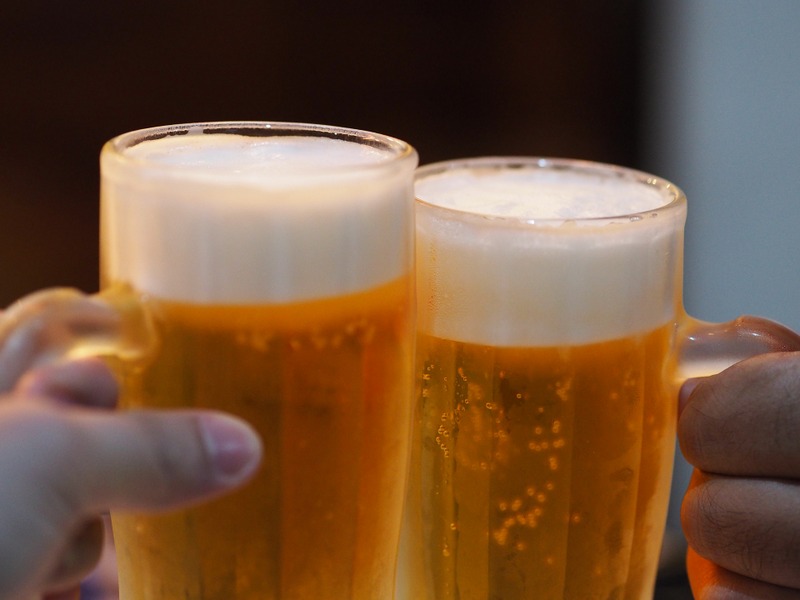Alternative medicine and thought power
When undergoing treatment for the purpose of alternative medicine, the client's reaction to the treatment is mainly based on expectation.
Be it magnetisation, reiki, aura healing, singing bowl therapy or certain massages; no paranormal or spiritual therapy has been scientifically proven to actually have a healing effect.
For this reason, alternative medicine should actually be called alternative 'treatments' and possibly used to complement regular medical therapies. Not 'instead of' and also always in consultation with the attending physician!
Forecast
Although the effect of alternative medicine cannot be scientifically proven so far, it is quite possible that the client may feel better during or after such treatment feels, which, of course, is not wrong. At least, as long as the practitioner of course does not leave the client under the delusion that the alternative therapy is actually healing.
Although this is somewhat double, because it is precisely the faith - the suggestion - that a treatment actually has a healing effect, ensures that the client actually feels better feels.
You can think of this as the effect of a placebo. You expect it to work, so it does. Plus, you don't have to do anything at all during the treatment so you can relax completely, which is nice anyway.
Thus, in most alternative treatments and therapies, it is mainly the expectation and the suggestion - coupled with an overall sense of relaxation - giving the client a sense that the therapy is beneficial.
Suggestion
The client visits the therapist with a certain expectation and completely sets himself up for this both mentally and physically. He expects to benefit and so he will.
If the same client will visit this therapist with a completely different feeling, for example thinking that it is a worthless treatment and the therapist is a tinkerer who will not make anything of it, the expectation is already significantly less positive and he will most likely experience the whole treatment as such.
So suggesting that whatever therapy works for you will ensure that - to your mind - it will actually work and you will indeed feel better because of it. This is not a bad thing. In fact, it is wonderful to be able to completely relax for a while while things are being done to you that you find very pleasant.
Doctors
I therefore find it quite normal that magnetisers, reiki masters, singing bowl therapists and other alternative practitioners charge a financial fee for their services. They put time and energy into the treatment and make sure you leave feeling reborn after the session. Of course, that is worth something!
As long as alternative practitioners do not perform medically irresponsible tricks, do not delude their clients into believing that the alternative therapies they offer really have a curative effect on, for instance, serious diseases and physical ailments, and explicitly advise them to also visit a regular doctor at all times, I personally do not see much harm in it either.
While some opt for a relaxation massage in the spa, others let themselves be carried away on the vibrations of singing bowls to relax, or opt for the warm soothing hands of the reiki master. Live and let live.
It becomes a different story when alternative practitioners sit in the doctor's chair and pretend to know it all better than qualified doctors and, to make matters worse, advise their clients against visiting a specialist!
Beer
Finally, a fun anecdote that is completely unrelated to alternative medicine, but very clearly shows how well our brain is capable - based on expectation - of fooling us enormously.
In 2012, an experiment was conducted among 200 students. At a large party to which the students were invited, only non-alcoholic beer was served - without informing them beforehand.
All students had resolved to drink a lot that night and prepared themselves for an all-nighter and getting drunk (expectation!). Consequently, there was plenty of partying, laughing and dancing and everyone had a great time.
They did find it strange that they just didn't get really drunk, but otherwise they didn't dwell on it. They mostly assumed that the beer just 'fell right' that night.
The young people were so fixated on having a good time, on partying all night, that they did not even taste that their drinks did not contain alcohol. If someone had told them beforehand that they would not have alcohol that night, the students would not have had half as good a time. Then they would have expected (!) in advance that a party without alcohol would be boring. And the non-alcoholic beer would taste foul, which subsequently would have been the case.
Thought power is insanely strong. Stronger than you might think.
Psyche blog >HOME





